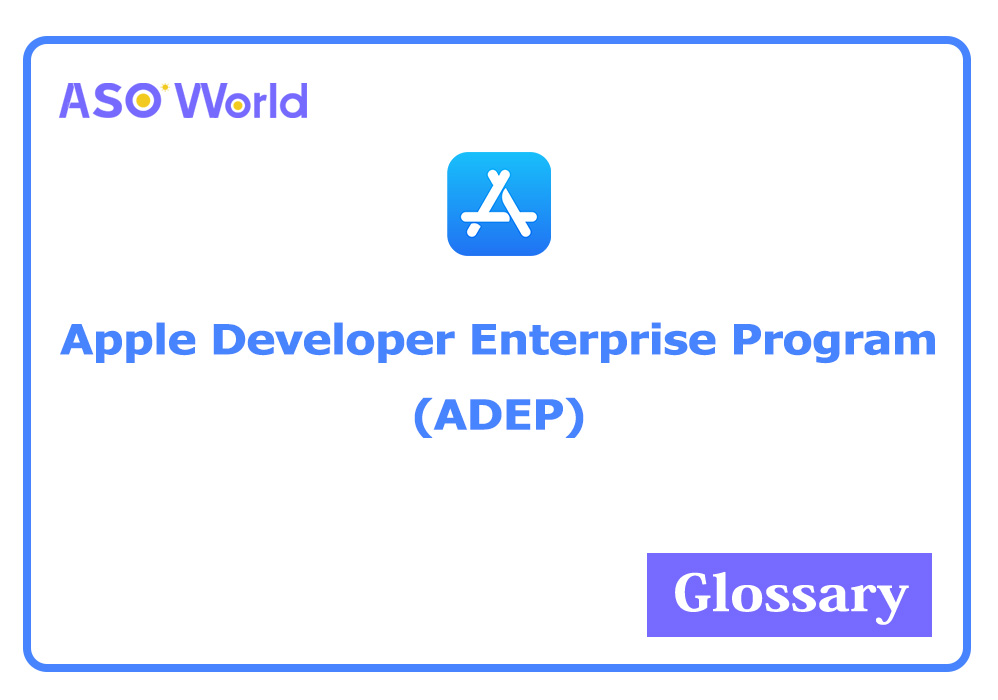





Apple has cut off Russian developers from its Developer Enterprise Program (ADEP), impacting businesses reliant on internal app distribution and testing.

On February 12, 2025, Russian developers lost access to ADEP, with all associated data deleted.
Reports from RBC indicate that Apple warned companies using enterprise certificates that they would become invalid by mid-February. This move effectively blocks Russian firms from using ADEP for internal app development and distribution.

The Apple Developer Enterprise Program (ADEP) is designed for large organizations to develop and distribute proprietary internal applications to employees without using the App Store.
Companies must meet specific criteria, including having at least 100 employees and being a legally registered entity. The program is widely used for internal app distribution, testing, and business operations.
In Russia, ADEP was commonly used for app testing and business applications such as CRM systems, chatbots, and logistics tools.
Apple has not provided an official statement on the decision, but analysts suggest it is linked to geopolitical tensions following Russia's invasion of Ukraine.
Since 2022, Apple has taken several measures against Russia, including suspending product sales, restricting Apple Pay, and removing Russian state media apps from the App Store.
This latest move may be part of broader international sanctions and corporate responses to geopolitical developments. Other major tech companies have also scaled back or exited the Russian market since the conflict began.
The loss of ADEP access significantly affects Russian developers and enterprises:
App Testing: Developers relied on ADEP for iOS app testing without requiring App Store approval.
Internal Business Applications: Large organizations used ADEP for internal tools, including CRM systems and logistics management.
Security and Compliance: Many businesses depended on ADEP to ensure compliance with internal security policies.
With ADEP now unavailable, Russian developers are exploring alternatives such as Progressive Web Apps (PWA) and Mobile Device Management (MDM) solutions. However, these options do not fully replace ADEP's capabilities.
Russian developers are seeking alternative methods to distribute internal applications:
TestFlight: Apple's beta testing platform is an option but has user limitations and is not suited for large-scale internal distribution.
MDM Solutions: Some companies are turning to MDM platforms to distribute apps within their organization, though this requires additional infrastructure.
Direct Installation: Some firms are manually installing apps on employee devices, but this approach lacks scalability.
Despite these efforts, no direct replacement for ADEP exists, leaving many businesses struggling to adapt.

Apple's termination of the Apple Developer Enterprise Program (ADEP) for Russian developers has dealt a significant blow to the local app ecosystem. ADEP is more than just a development tool—it serves as a critical pillar for internal enterprise app development and testing.
Its removal has forced developers and businesses to seek alternatives such as TestFlight or Mobile Device Management (MDM), but these solutions are far less comprehensive, leading to setbacks in both innovation and efficiency.
This decision could further deepen Russia's technological isolation, pushing developers toward cross-platform solutions or Android.
However, the future of the app market remains uncertain. While the challenges are substantial, history has shown that adversity can also drive creativity. Russian developers may innovate homegrown solutions, but the road to recovery will undoubtedly be arduous.

Get FREE Optimization Consultation
Let's Grow Your App & Get Massive Traffic!
All content, layout and frame code of all ASOWorld blog sections belong to the original content and technical team, all reproduction and references need to indicate the source and link in the obvious position, otherwise legal responsibility will be pursued.